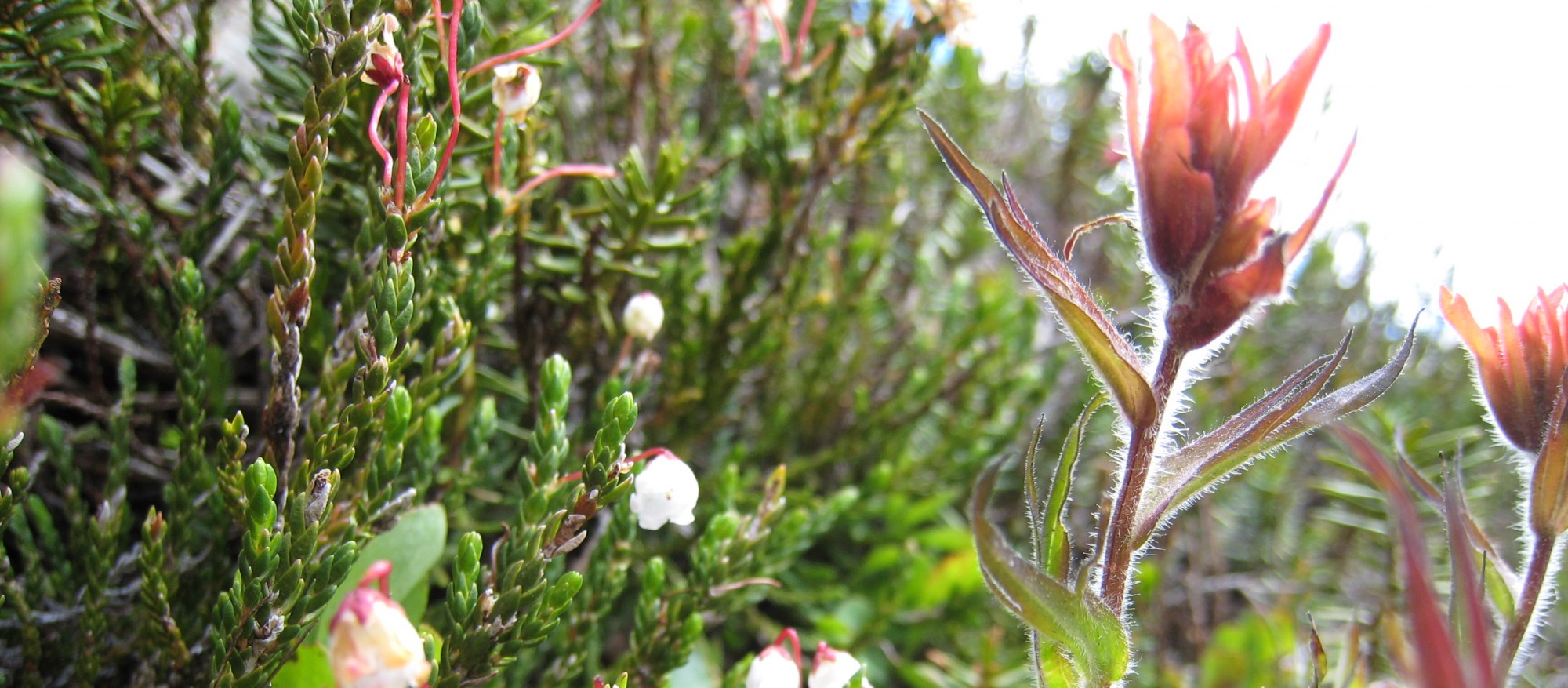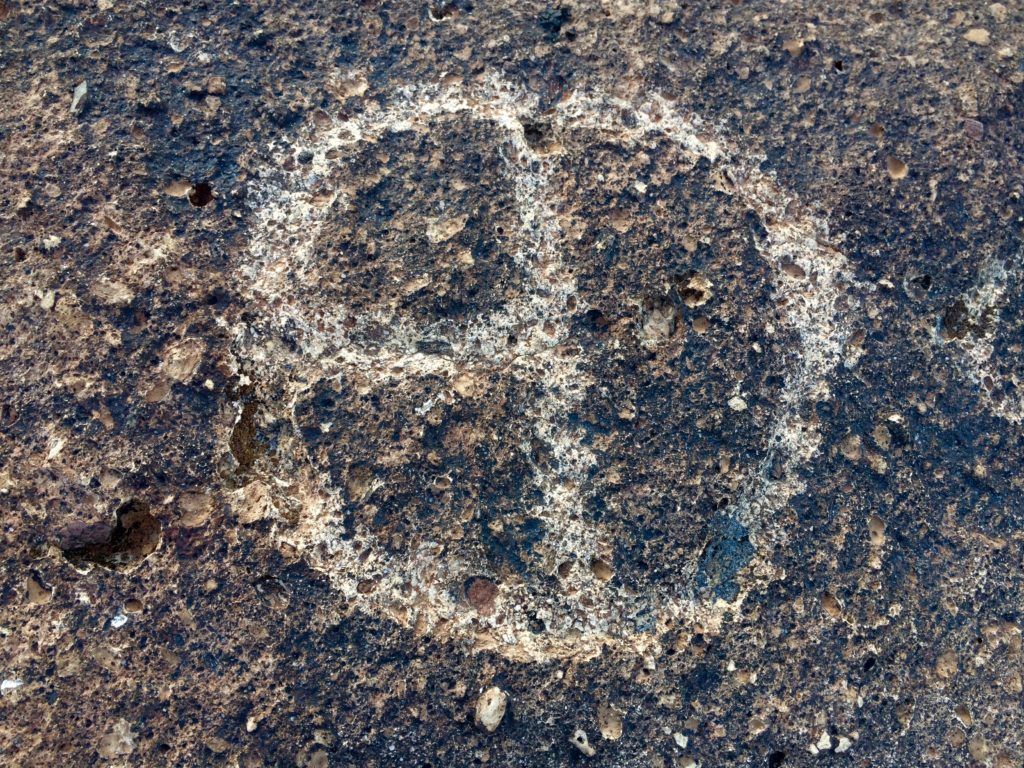Written in the fall of 2017 and published in April 2018 for The Dark Mountain Project Issue 13: Being Human.
For a few hours I felt like what it must have been to be gathered, babies on backs, hands soaked in sap, harvesting the fat of the land. The pine nuts looked like tiny grubs, glistening and white, soft and pliable underneath a fortress of spine and shell.
There was life buzzing everywhere. Nutcrackers hollered and chipmunks skittered and ants swarmed the sweetness. The Paiute said that when the rabbitbrush turned yellow it was time to harvest, and so we did.
We didn’t have the wise ones to teach us and we didn’t have tiny computers, so we learned the way we taught ourselves before. We tried, and succeeded, and sometimes failed, and then we began to get an eye for the patterns. The right colors. The meaningful shapes. I can see them now with my eyes closed. I can dream walk the landscape, seeing them reveal themselves to me, glistening, laden with the fruit of a summer under the high desert sun, surviving.
We figured out which were the correct sides of the trees to approach. We looked at the sun and where it hung in the sky and learned which nuts had been exposed for too long and were desolate husks inside their dark shells, whisked away by the wind once opened. We spied the low hanging branches that offered easy prey, and soon I could bypass tall thin trees and make my way towards the ones that looked like the oaks from my homeland, sprawling and wideopen, a coniferous embrace.
And even though the time for the pine nuts is gone now, and we await the snow with bated breath and predictions and busy ourselves with soot and bonfires and the gathering of needles, I still watch those low trees as we fly past on our internal combustion engine, looking for the promising ones.
And the dog is with me still, though his eyes have grayed and he’s taken to convulsing from time to time, which we manage with medicine that will kill him early, but not as soon as the seizures, so we measure and take blood and weigh. And we use the royal we when we talk about how we are doing.
And he has been with me through three great loves, the second of which has sunk behind a mountain on the horizon, and the third of which stood beside me laughing, hands black, holding a garbage bag open for the bounty we were collecting in the high desert that day, as the aspen leaves quaked yellow and the sky just beamed all cerulean like it does in the autumn. Like it wants to show off its best dress before a season of scarves and boots.
And I said how we were animals, and how delightful to access that part of our brains that are seeking reward and sustenance. And I noted how saying we are animals is so trite, because of course we are. Of course we are.
And the dog streaked past, chasing some unnamed being, which rose that day not thinking it would be its last, and which leapt onto the nearest tree to conquer another turn of the sun.
I thought of the morning that the dog got a robin. And I tried to stop him, tried to save it, but saw it was too far gone, its wings bloody and slick with saliva, feathers glommed together. I didn’t think, I just twisted its neck backwards and held its warm body in my left hand. But its eyes were still open and its mouth gaped like a rattlesnake, like Joanna once said, giving me the right words for the maw of a bird.
So I kept twisting and pulled its head away from the rest. It came off so easily, tiny vertebrae separating, spinal cord no longer a part of the nervous system, heart no longer connected to the brain that would have thought, terror! in its last moments. But how many of us living beings are lucky enough not to feel that.
Humans. Thank you to Morpheus and alcohol and hospice. Family singing and soothing around the firelight. Held hands and feigned forgiveness.
Then the bird was still, and I laid a rock on top of the two pieces of what it used to be and thrashed at the dog to get away. And its blood and feathers were splattered on my hands and I wiped them on a vanilla-scented Jeffrey Pine and paced back and forth, waving them, shaking. I laid my bloody hand down on the rock and said I’m sorry. Its feathers were splayed out from under it because it was not a big enough rock, but it’s all I could find. And smaller feathers were attached to the puzzle piece bark of the tree, gently quaking, the culmination of what the dinosaurs became, a fragile creature that I could not save.
For a long time I could feel the impression of its warm head in my right palm and the feeling I had when it ceased to be part of the body. Like the way you can still feel shit on your hand for hours after you’ve accidentally touched it. It burned there, brightred, throbbing.
But I’ve peered through a rifle sight and taken aim and fired, praying to the old gods that I’d bring something down, and I wonder how I reckon that with the sorrow for the little bird. And I’ve delicately sliced through creamy white garlic cloves while standing at a bench of tile, looking at the perfect hole through the middle where the green grows, trying to procreate. And I’ve blown on the coals of a near-dead fire hoping I could avoid starting anew. And that day, after the desert, journeying into the pines, I delivered home a village of ants in the bag of pine cones, and they still linger there, dessicated in their plastic sarcophagus, separated for ever from their pheromones and their brethren. They always instilled in me the most sorrow, because when I’d find one crawling on my dashboard I’d imagine it lost in a vast wilderness of dimpled plastic and steel, knowing it would never, ever find its way home.

